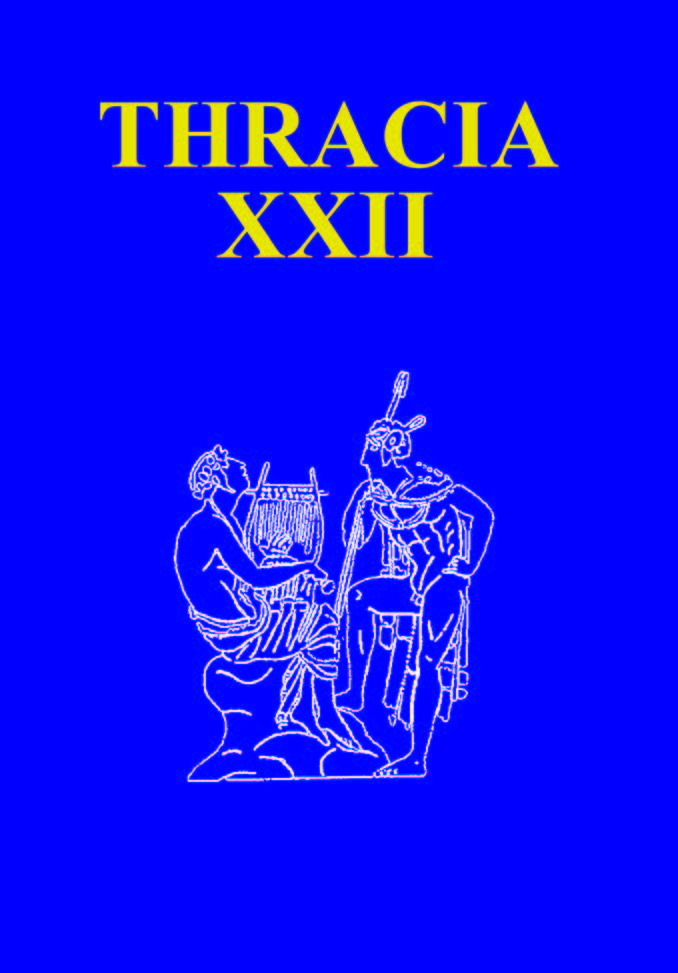БЕСИТЕ В РИМ
THE BESSI IN ROME
Author(s): Boryana MarkovaSubject(s): History, Cultural history, Ethnohistory, Local History / Microhistory, Political history, Social history, Ancient World
Published by: Институт за балканистика с Център по тракология - Българска академия на науките
Summary/Abstract: The present paper aims at presenting and analysing the epigraphic monuments providing information on the presence of Bessi in Rome in the 2nd–3rd century AD. The monuments in which Bessi are mentioned as part of the praetorian cohorts, and above all of the Equites singulares Augusti, are most numerous among the epigraphic sources. At the same time, there exist other inscriptions that give information about Bessi occupying different posts in Roman society, e.g., about an individual who was nummul(arius) de basilica Iulia and about another one who was olear(ius) de portic(u) / Pallantian( a) Venetian(orum) parmul(ariorum). The analysis of all that information shows that the Bessi had an important place in Roman society. The large number of epigraphic monuments found in Rome, in which Bessi are mentioned, is evidence of their considerable presence in the capital of the Roman Empire. Probably through their participation in the Roman army, they had the opportunity to travel, to meet people from different ethnoses, while at the same time falling under Roman influence. The information provided by the epigraphic documentation demonstrates the diverse traditions influencing the culture of the Bessi. On the one hand, this is evidence of the level of their integration in Roman society, as well as of their relative Romanisation. As the inscriptions demonstrate, most of the Bessi and their heirs bore Roman names and followed Roman burial practices – a fact testifying to their ability to adapt to the new living conditions. On the other hand, the formula natione Bessus and sometimes vicus, or the name of the region from where the person identifying himself as belonging to the Bessi originated, were always present in the inscriptions. This is evidence in support of the hypothesis that in spite of the Roman influence, the Bessi identified themselves as such, preserving the memory of their native places.
Journal: Thracia
- Issue Year: 2017
- Issue No: 22
- Page Range: 161-172
- Page Count: 12
- Language: Bulgarian
- Content File-PDF

